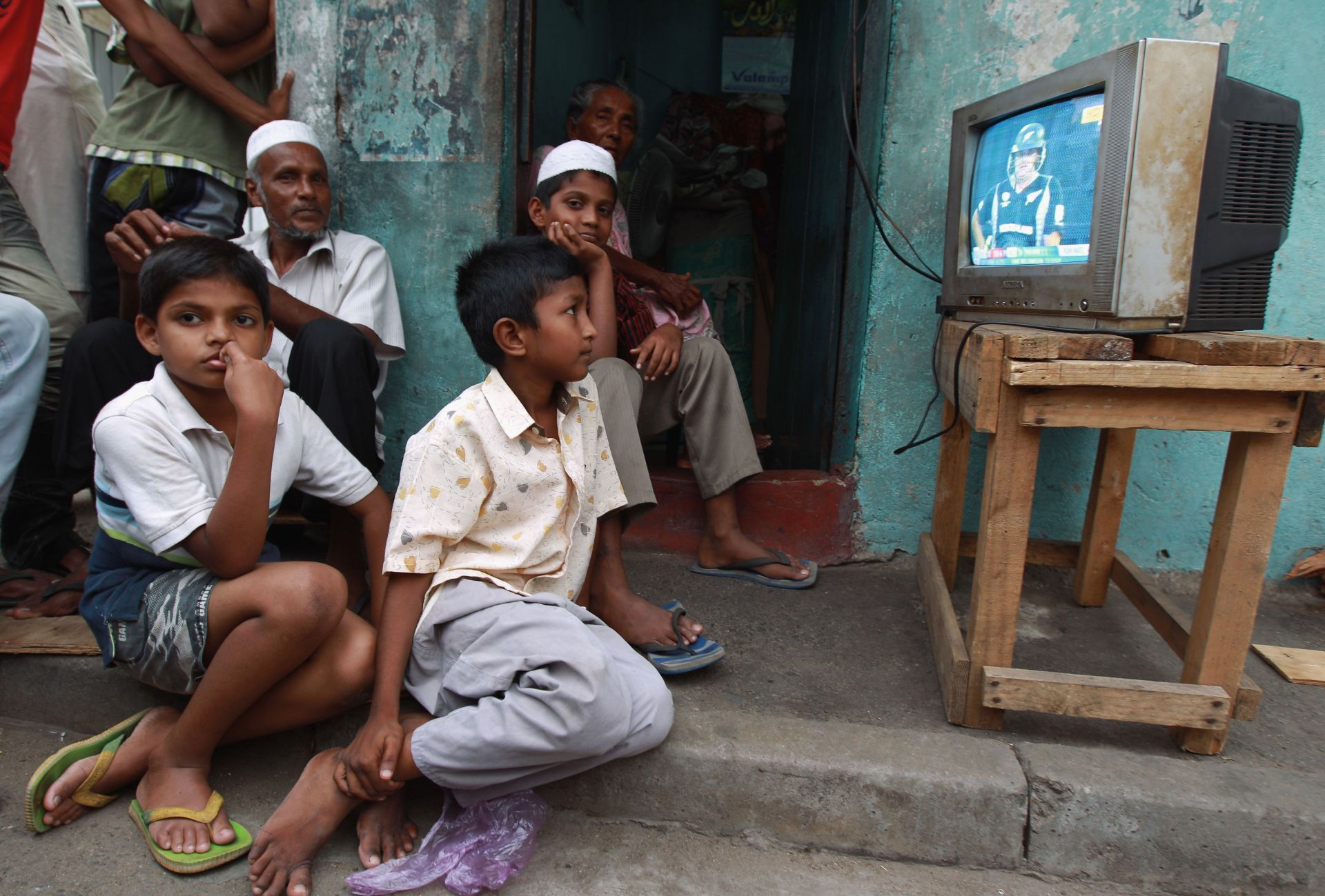
Cricket watching needs a pause-and-rewind in age of IPL
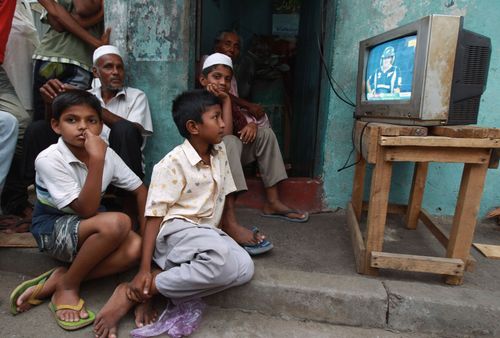
The cricket viewing experience has, perhaps, transformed more rapidly in the past two decades, especially after the arrival of IPL and T20s, than the game itself. Some of this transformation is tangible – public announcers, extra-loud commentators, blaring sirens for no-balls, subdued reaction due to DRS, etc.
But there is a deeper, subtler change that is harder to explain. Growing up in the 1990s, cricket watching was an immersive experience. It was an obsession on some days, an indulgence on some others. There was always something deeply personal about your favorite team (country) winning or losing.
Today, cricket-watching feels like a distraction. A mundane affair that allows us an escape from other banalities of life. The reasons for this shift aren't hard to find.
The most obvious one is that there is just too much cricket being played. Nothing that appears on TV once (sometimes twice) these days can have the surreal quality of the cricket we grew up watching in the 90s.
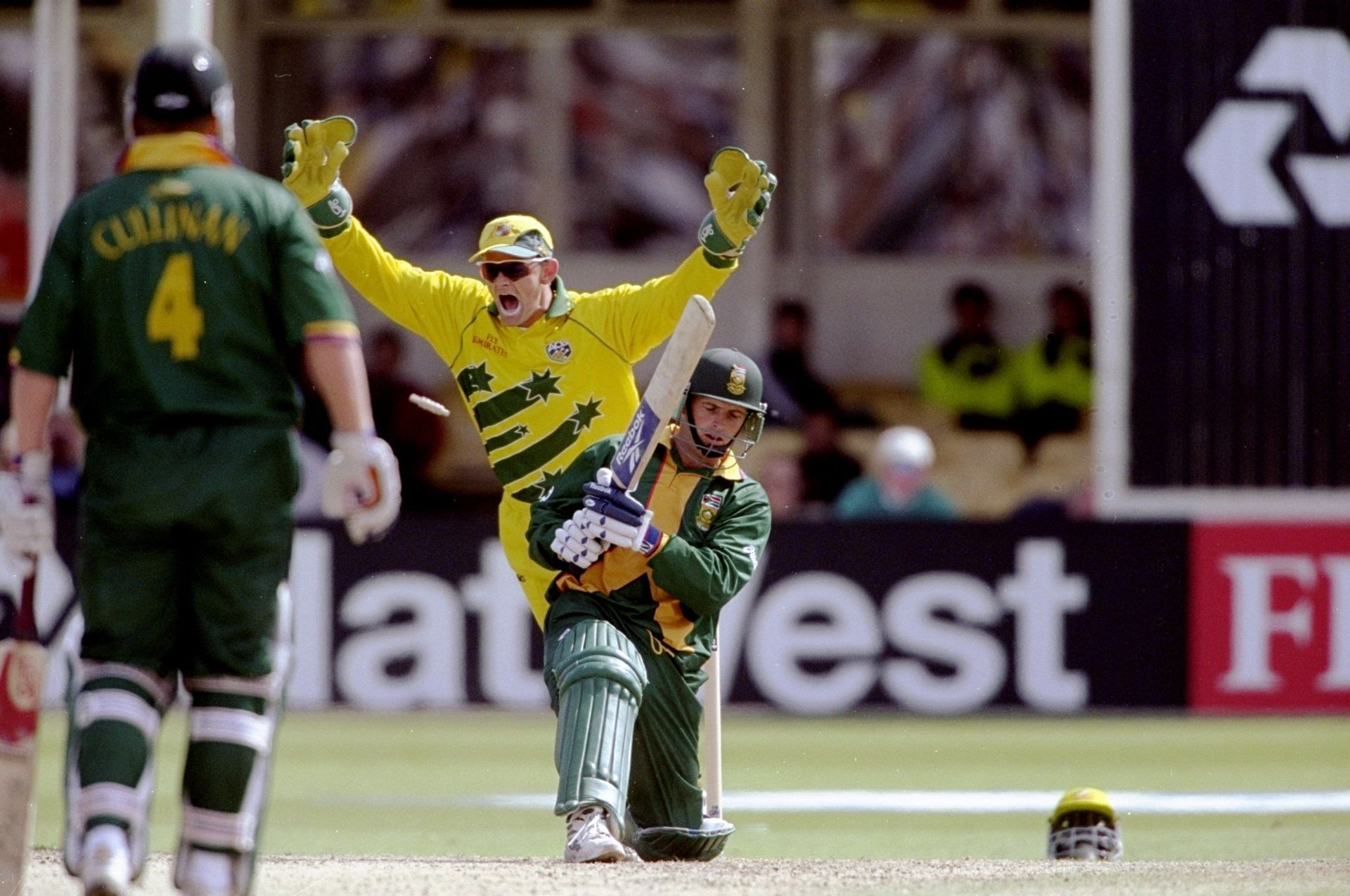
The impersonal nature of the viewing experience is perhaps also explained by the reality that we don’t need cricket wins as confidence boosters in our lives anymore. There are other ways of feeling good about our place in the world today.
Cricket in age of IPL - better or worse?
There are three questions that are worth thinking about. First, is this change desirable? Second, was it inevitable? And third, is it reversible?
The answer to the first question depends on who you are. Realists would argue that modern cricket, whose flagbearers are the T20 leagues, IPL being the most prominent, is popular and not elitist.
It has given talent, which would otherwise have been consigned to obscurity, a platform, and a global audience. It has enriched the cricket boards, which have, in turn, enriched players and the larger cricketing ecosystem.
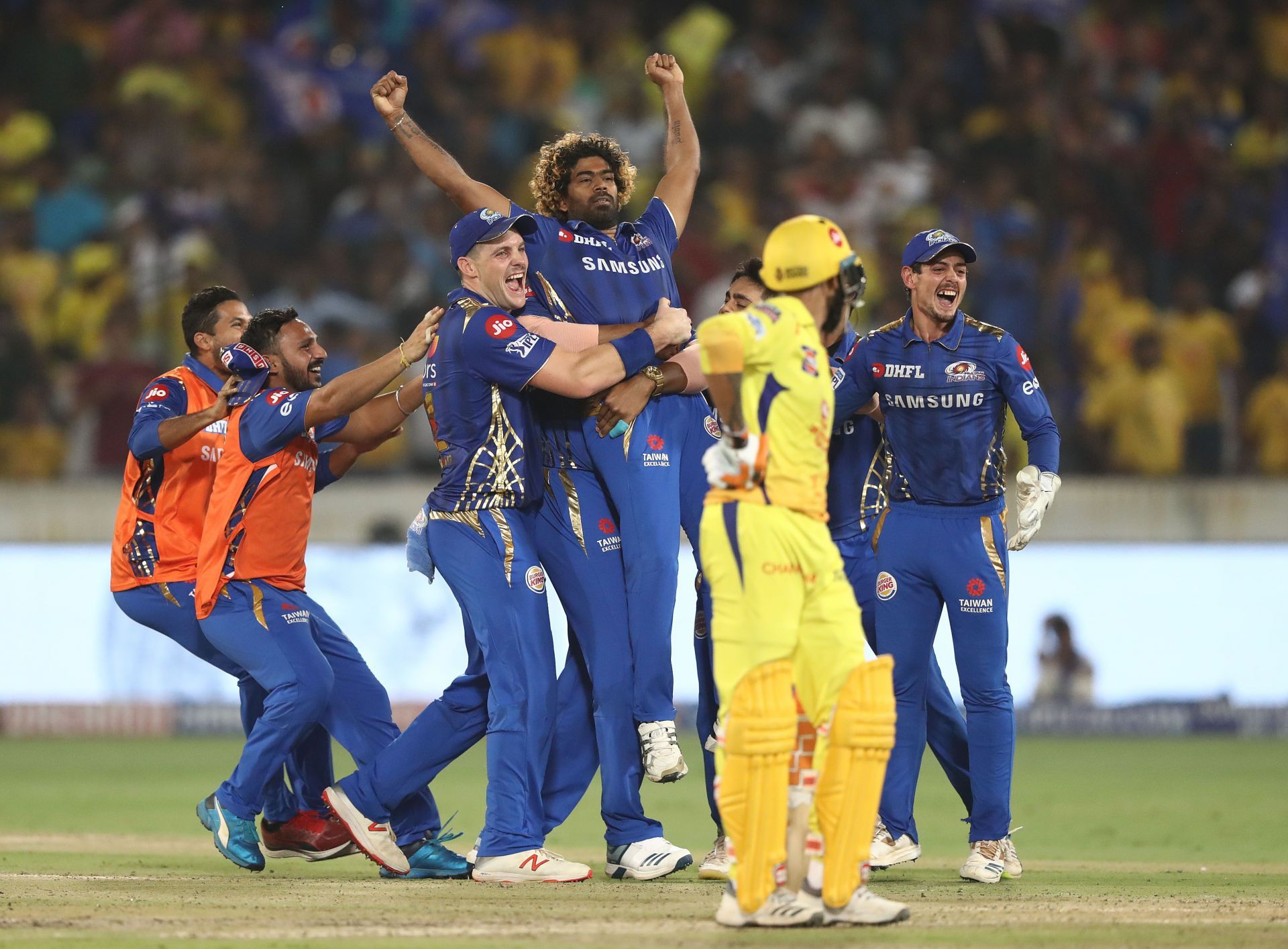
It has, perhaps, also given the game a launchpad to spread globally. On the other hand, the purists talk about dilution of core cricketing skillsets, excessive glamorization, and even greater commercialization that kills the “art” in the sport.
Honestly, both sets of arguments are accurate, and there is unlikely to be a winner in this debate.
The second question of inevitability is a little more vexing. Cricket, for the longest time, was an outlier in the world of team-sport until the turn of the century.
The longest format lasts five days, was earlier limited to erstwhile British colonies, and did not have a franchise model to marry sport and business. If it wasn’t for the sudden unleashing of the capitalist impulse in India from the 1990s, cricket today may not have been as starkly different from the pre-90s era.
But the logic of “market” is too strong for any sport or to escape it for long, and cricket would eventually have caught up. But what has personally surprised many the most is the suddenness of this shift in the game.
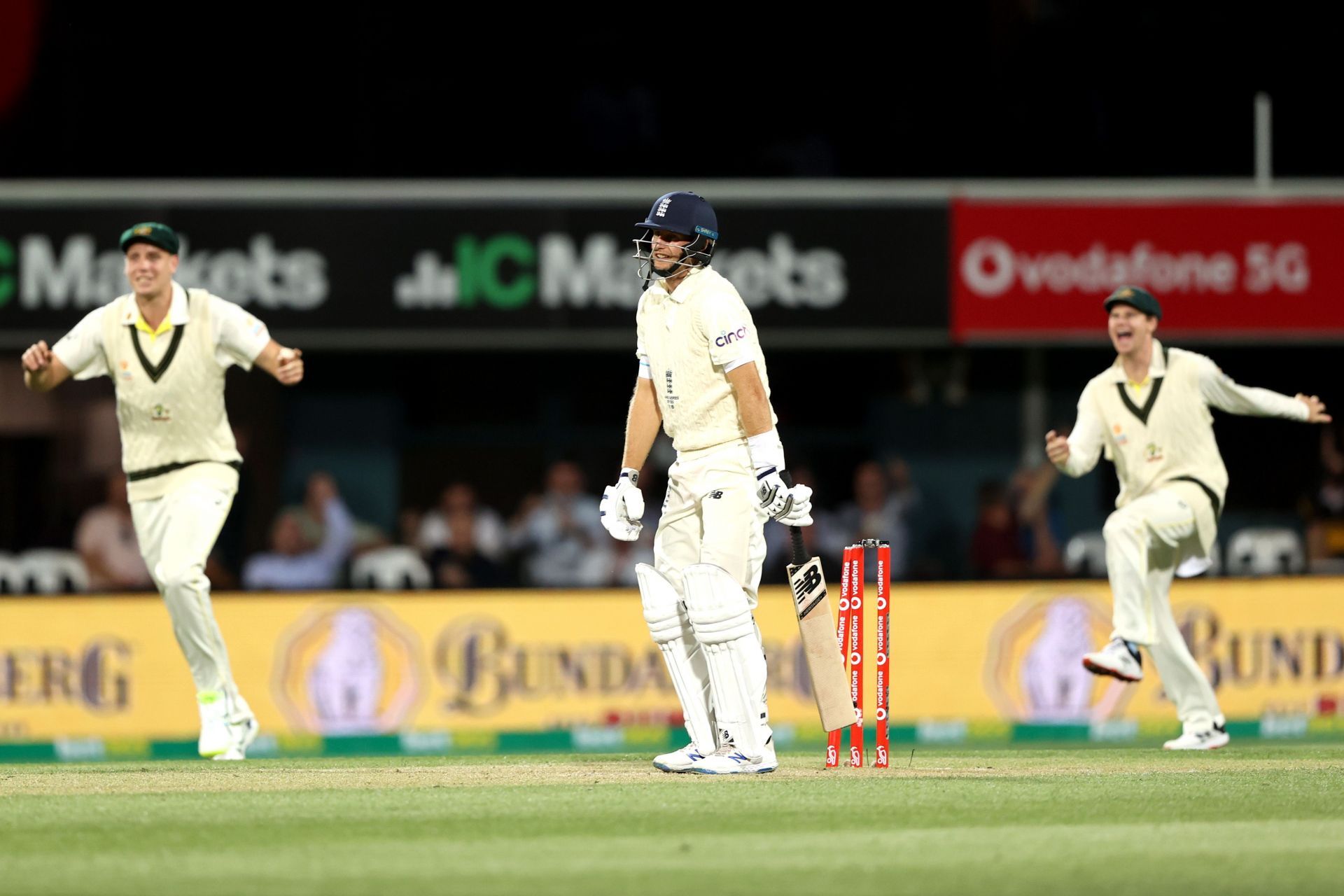
The IPL may be in its 15th year now, but it continues to become stronger at the expense of international cricket. So, cricket will continue to show up on our TV sets every night for the next two months, diminishing its centrality and significance in our lives, one game at a time.
To see the updated IPL standings, click here.
Can cricket regain its innocence?
This brings us to the final question. Is a “pause-and-rewind” of the game possible? By that, we don't mean whether our TVs can do that for us, because of course they can. But, can we imagine retreating in time to a world where a cricket match was the event of the day, and not just another among a million other things?
Where “watching” cricket meant being glued to the TV, and not merely having a match on in “mute” mode? Where cricket was followed as an obsession, and not a distraction?
As I think about this question while surfing my phone and occasionally looking up at the TV for the match score, I genuinely hope the answer is 'yes'. One can deal with many distractions in life, but it is difficult to imagine cricket being one of them.